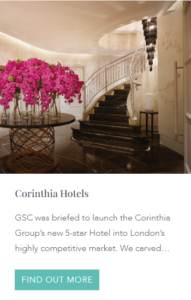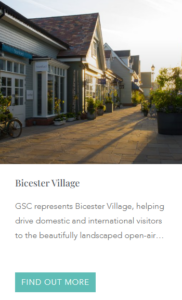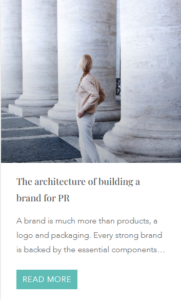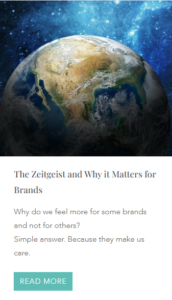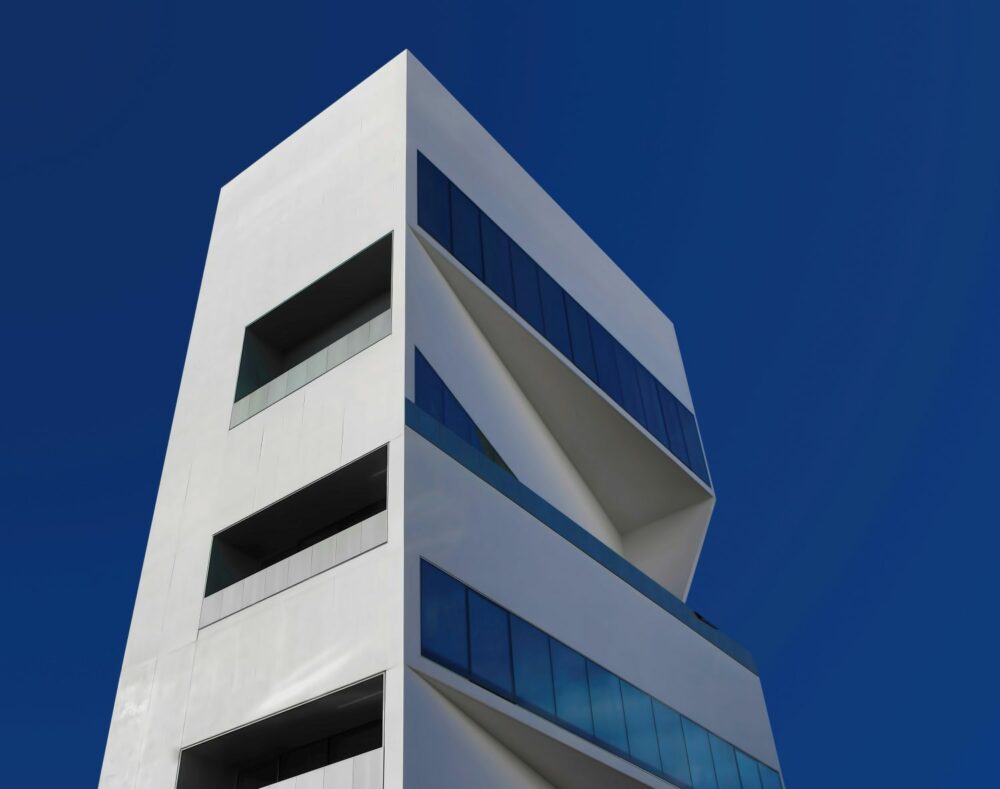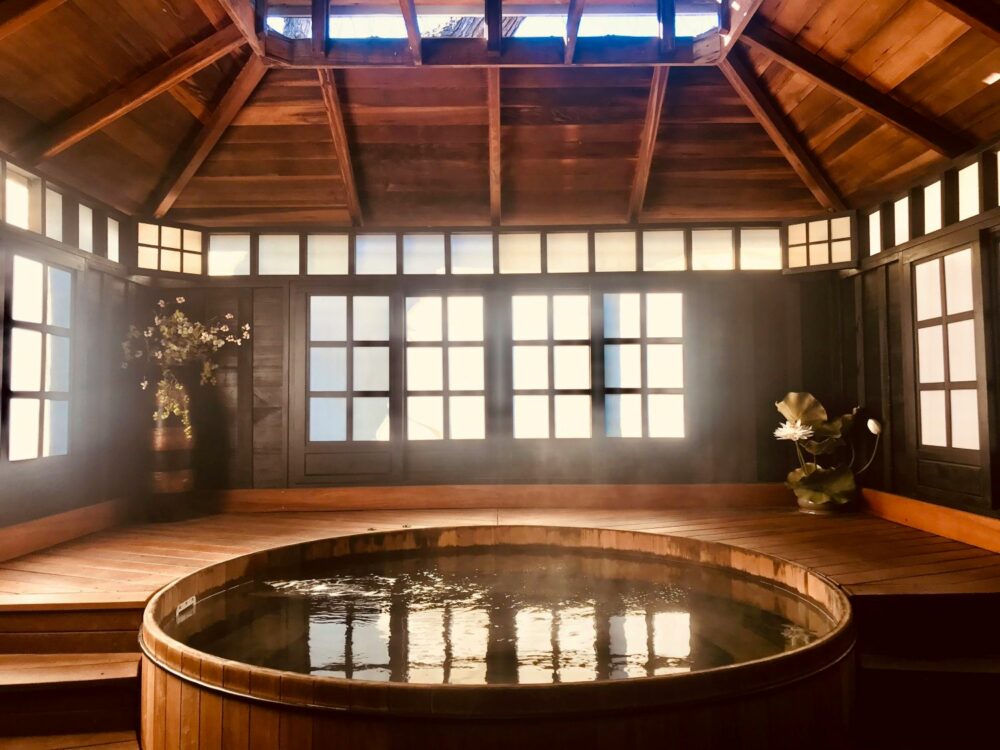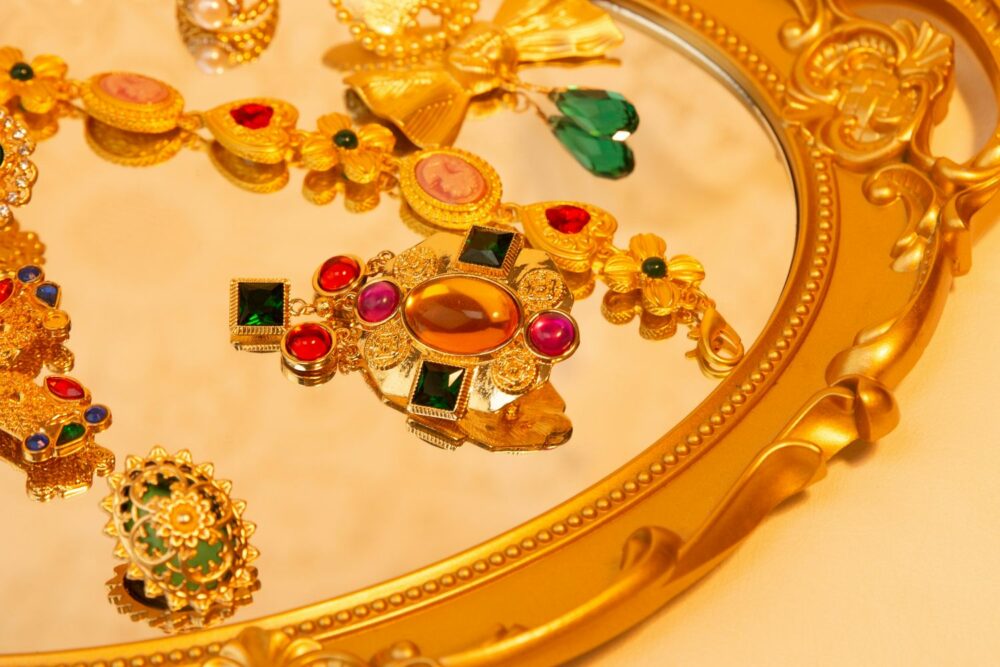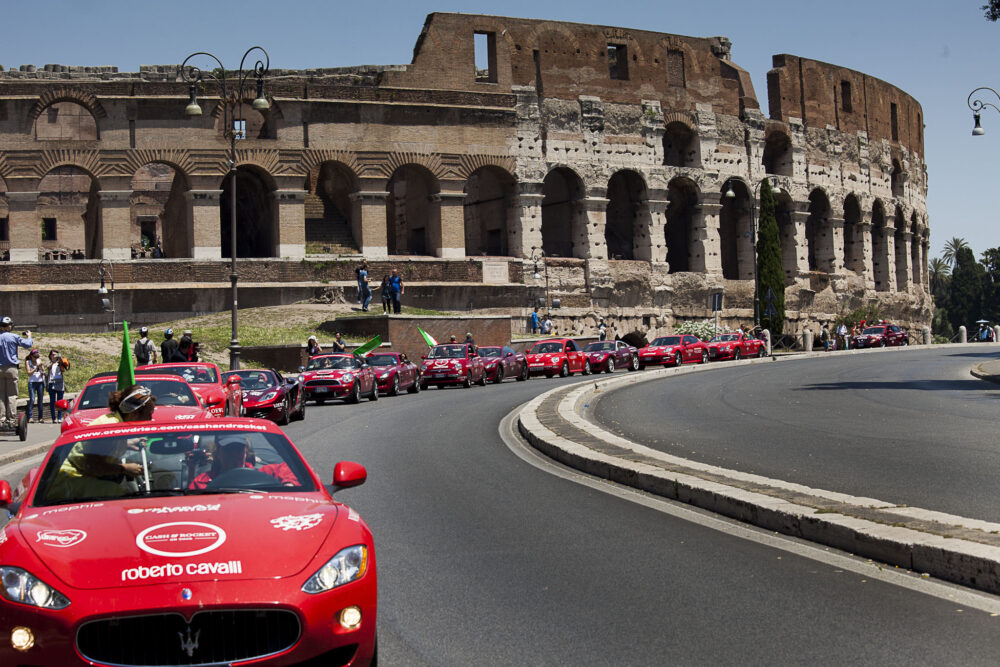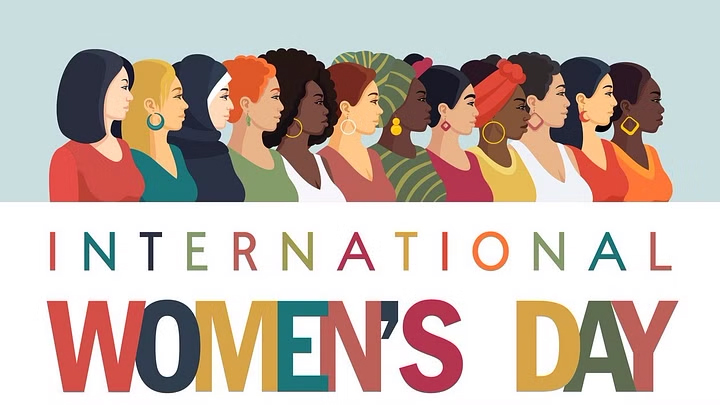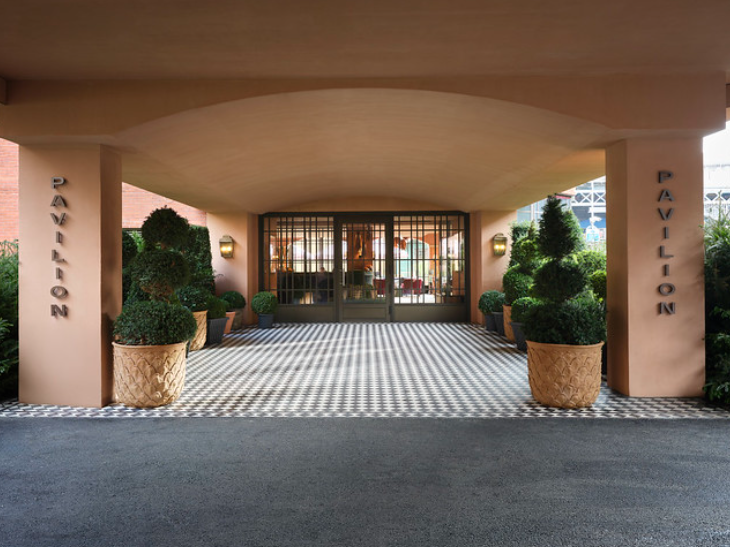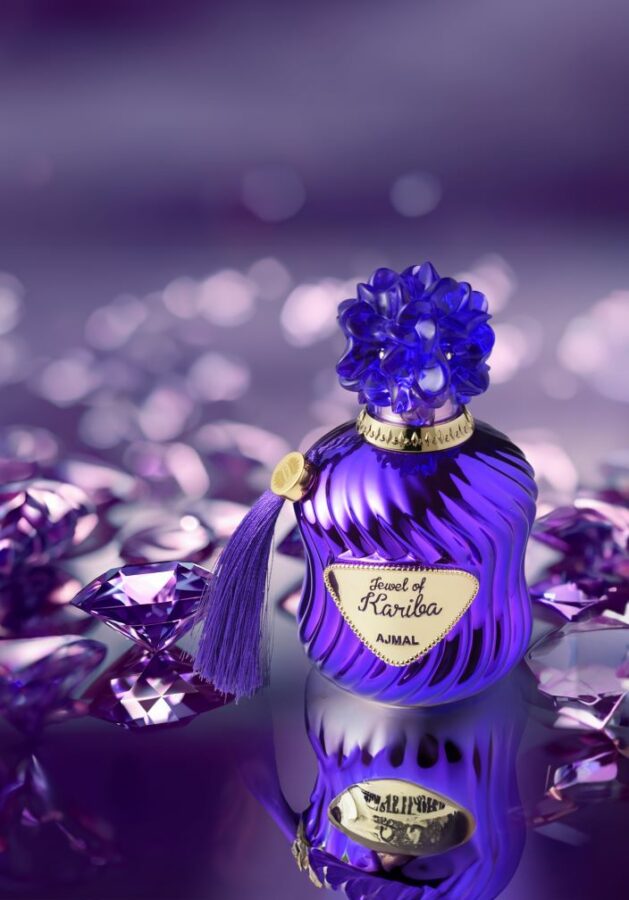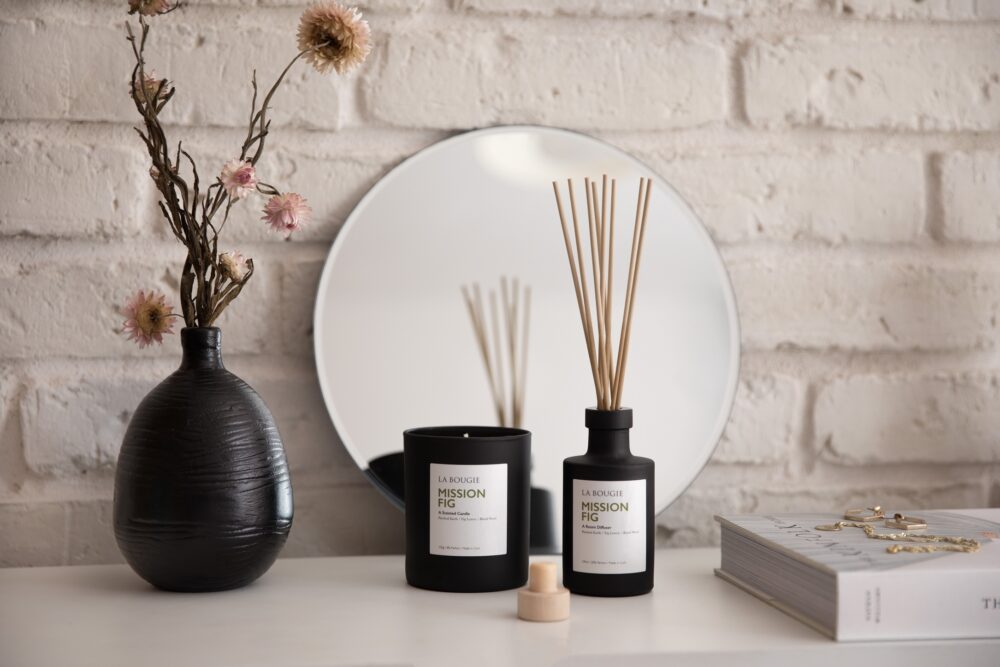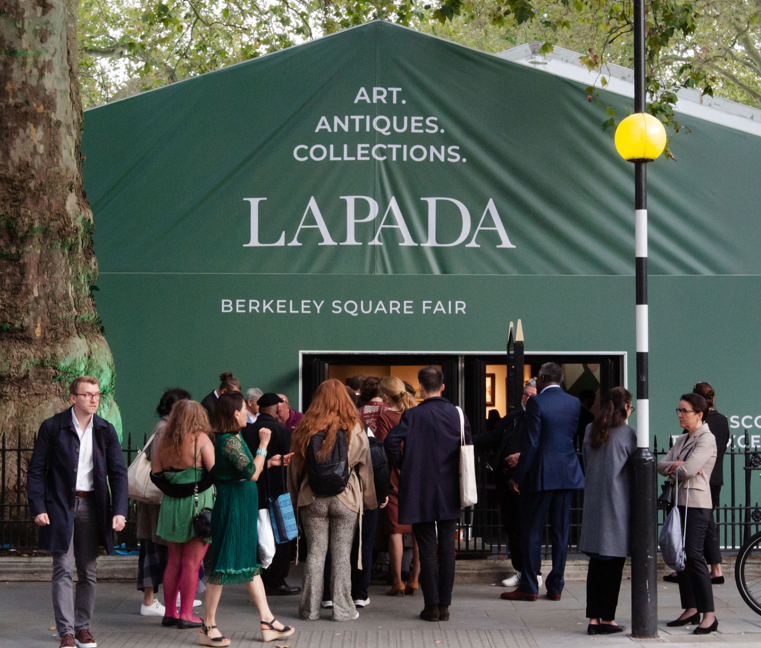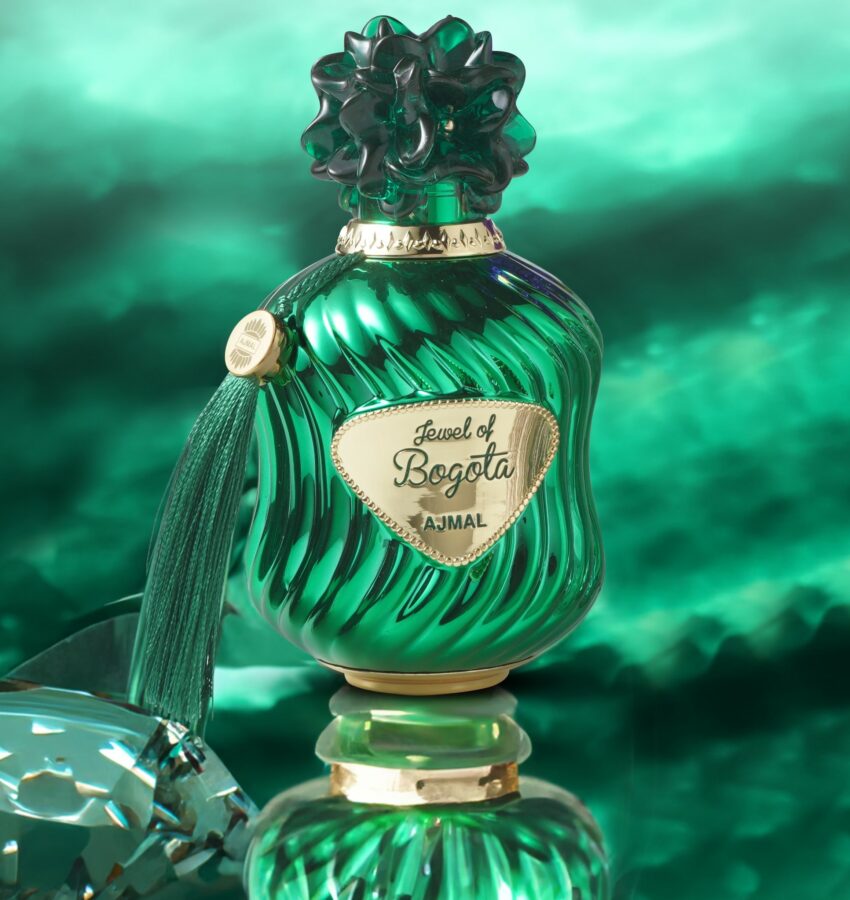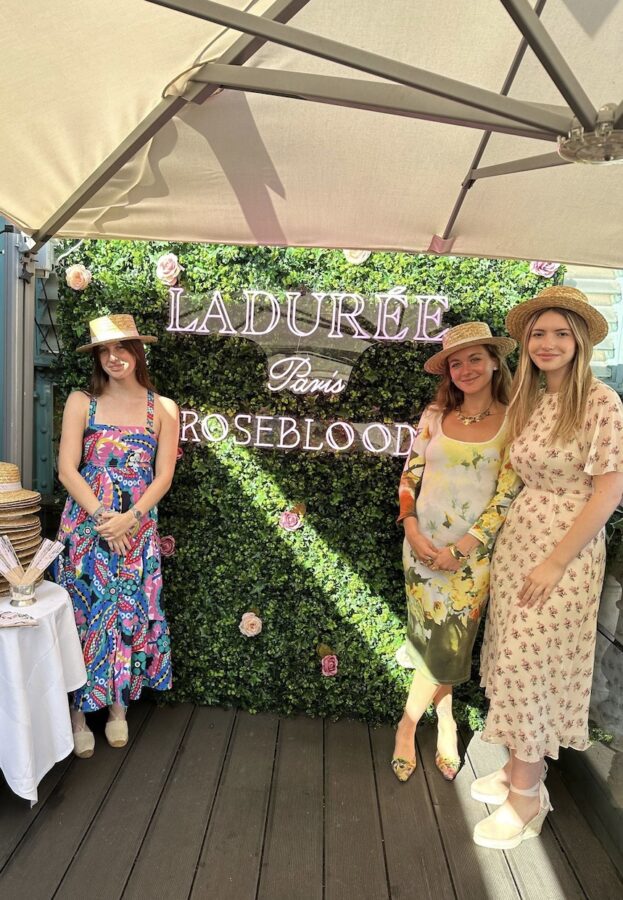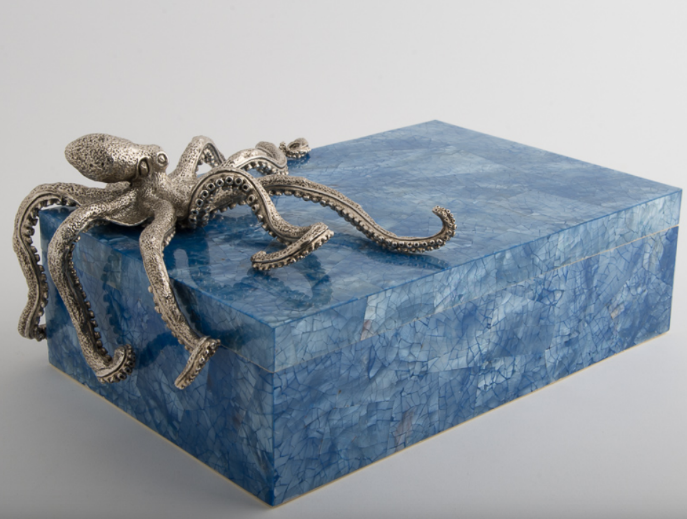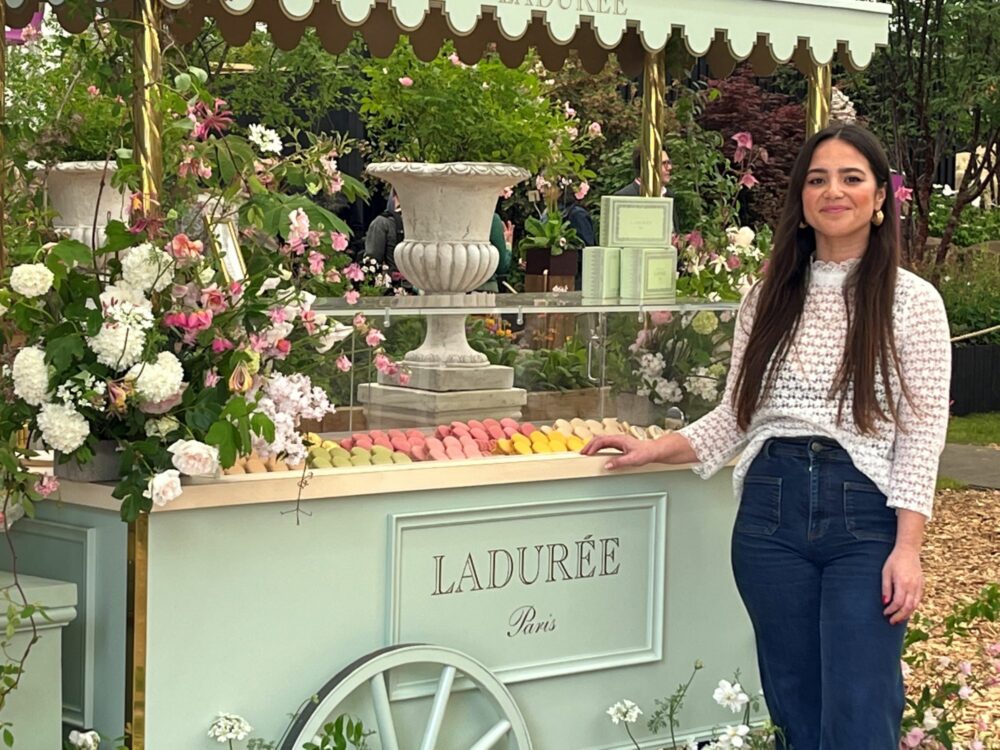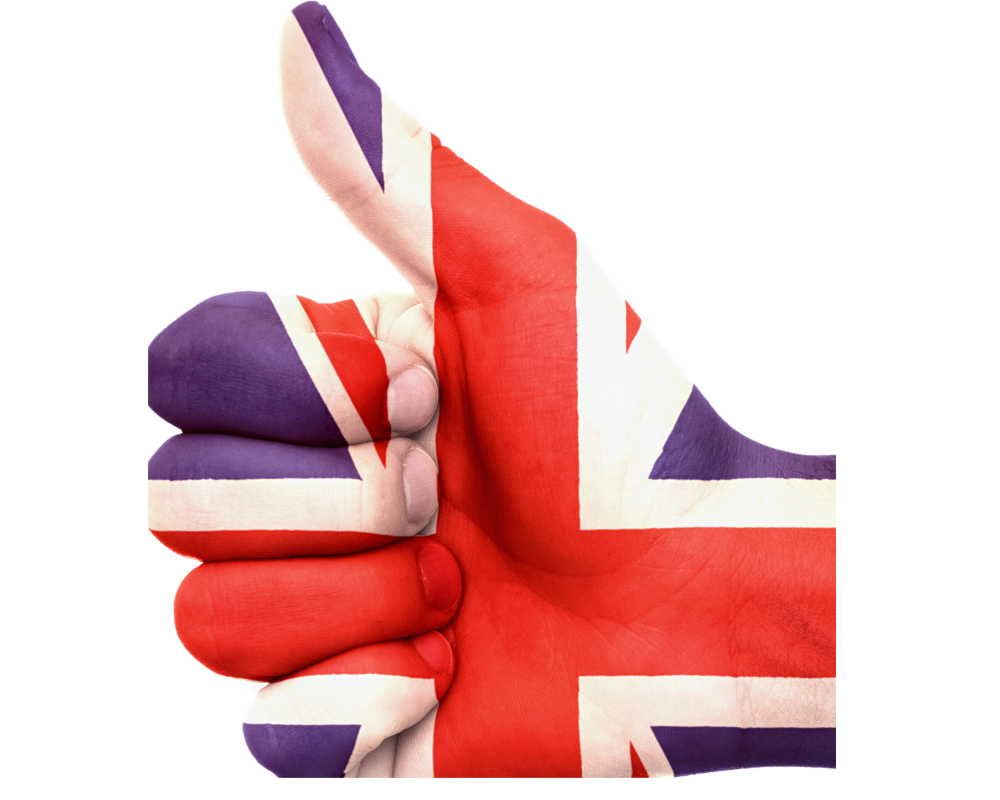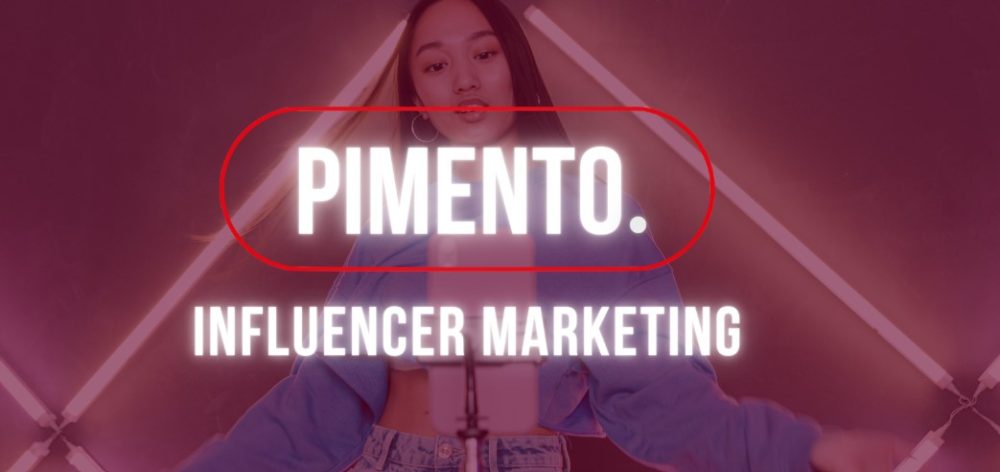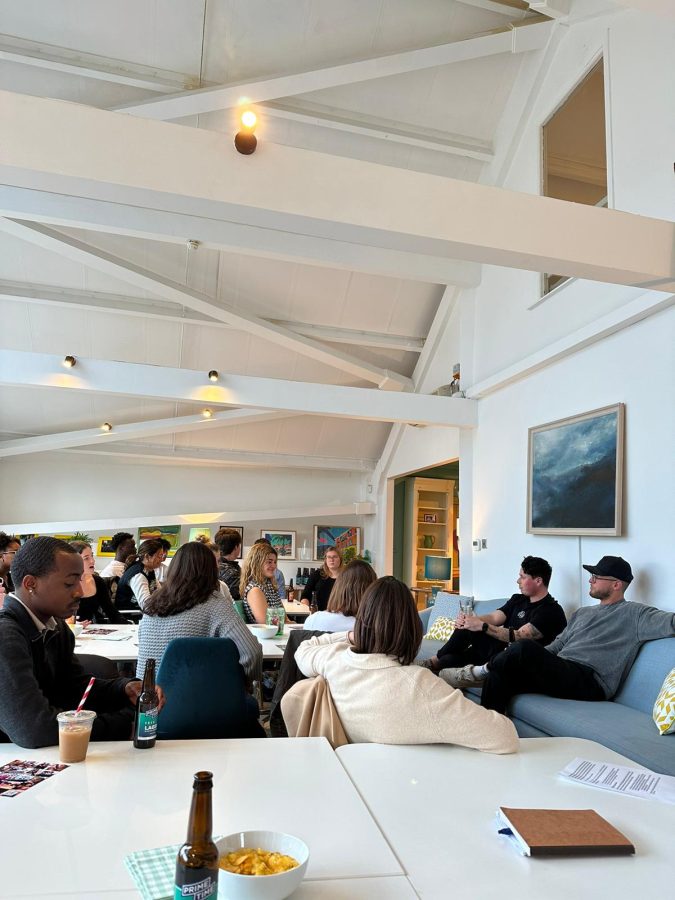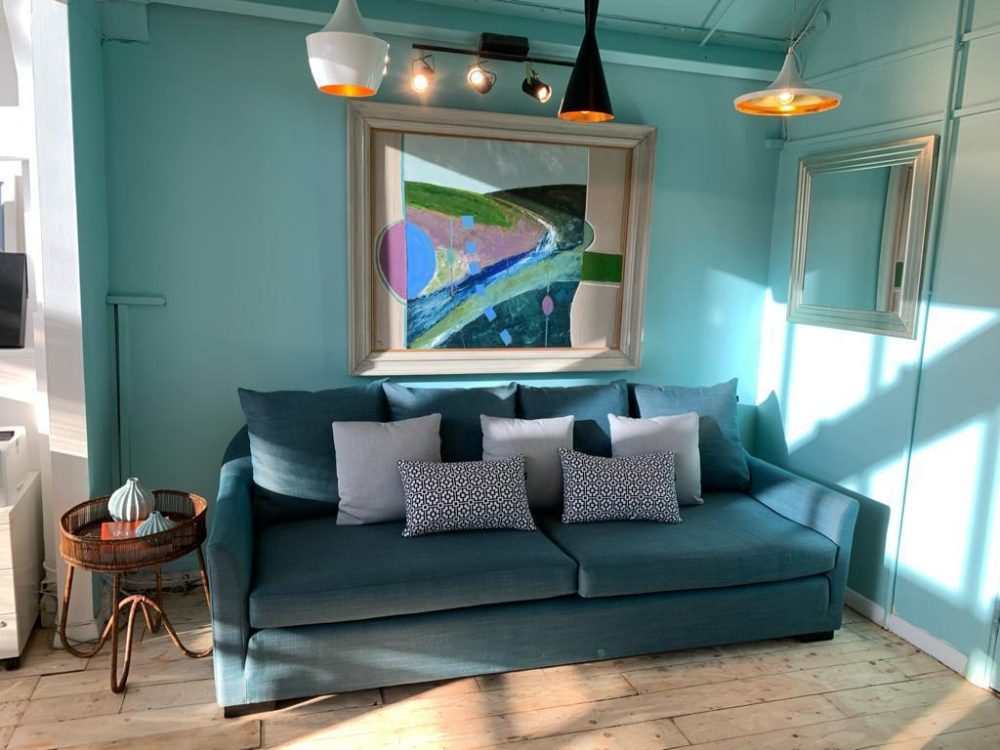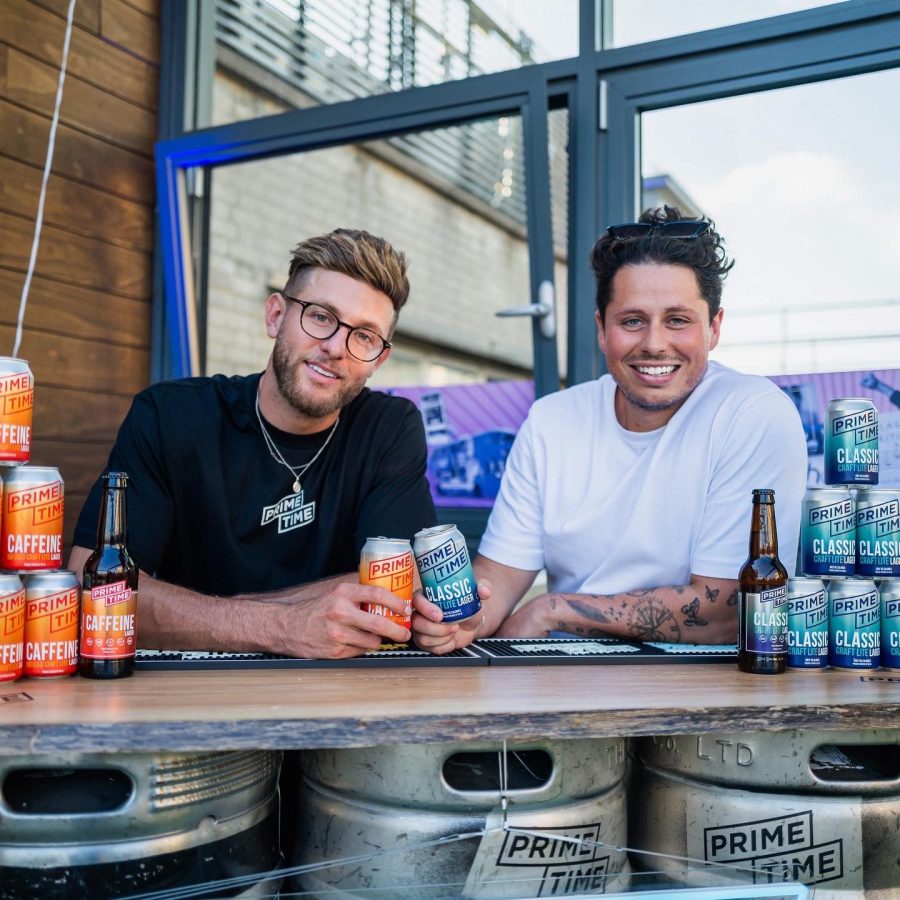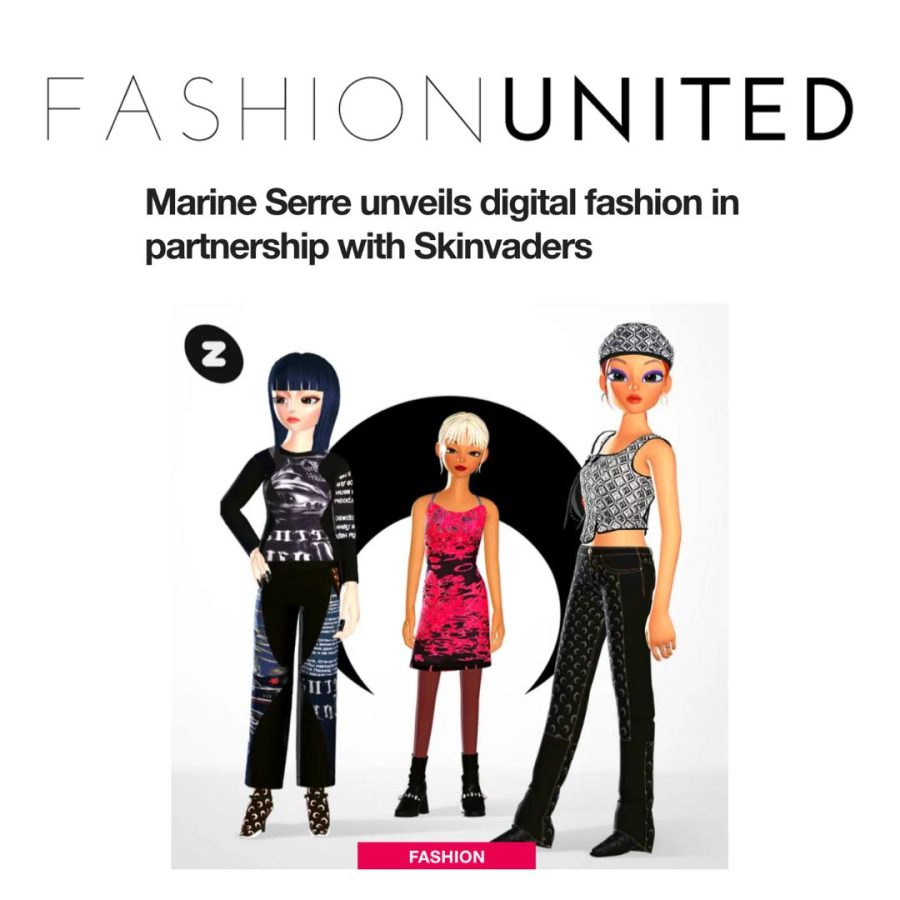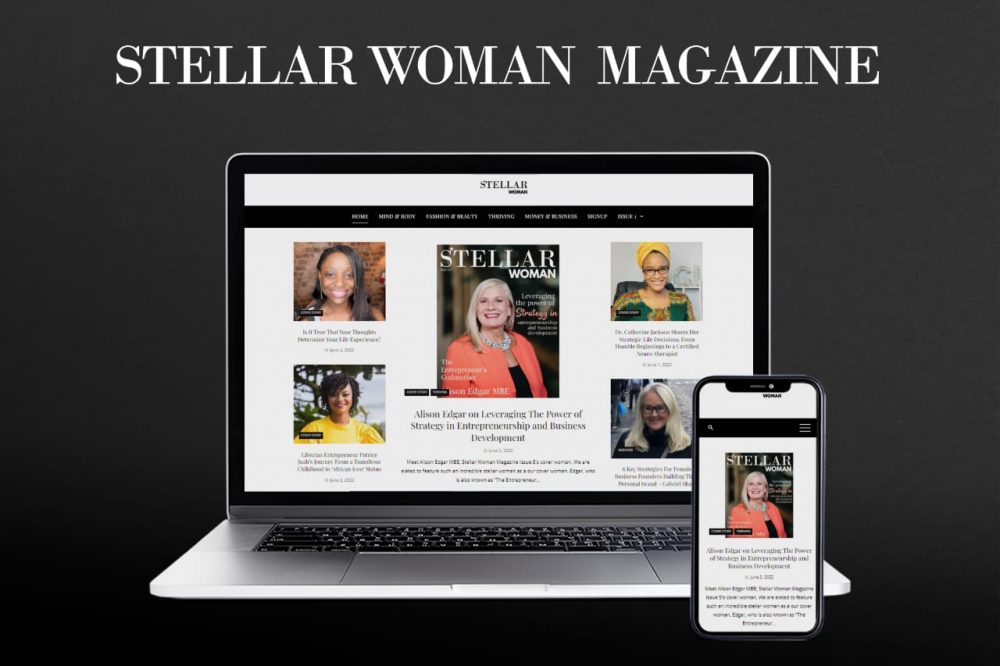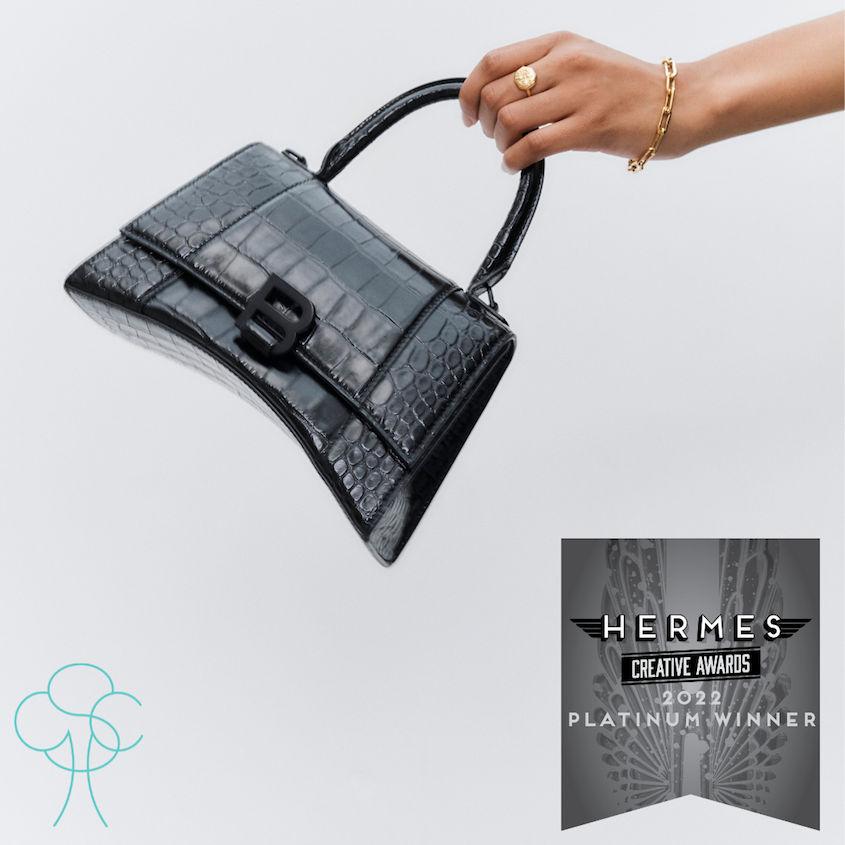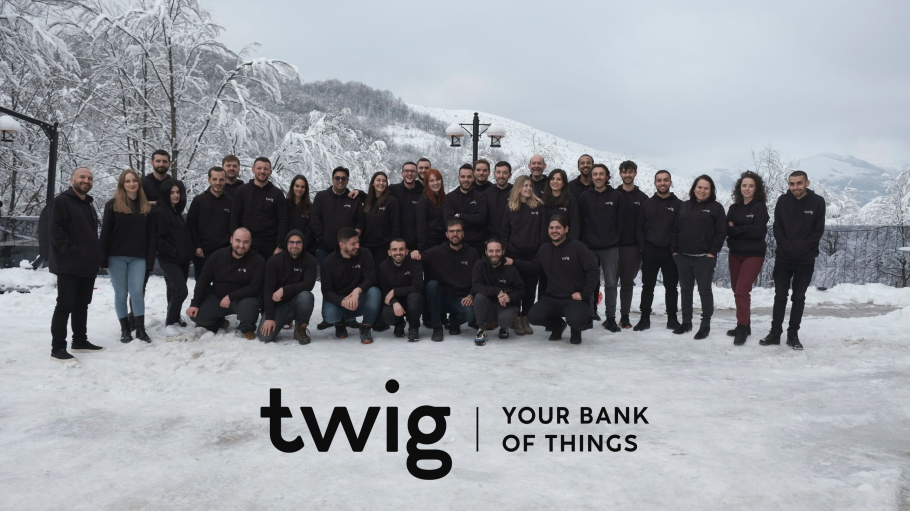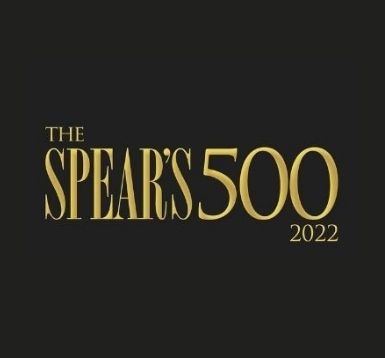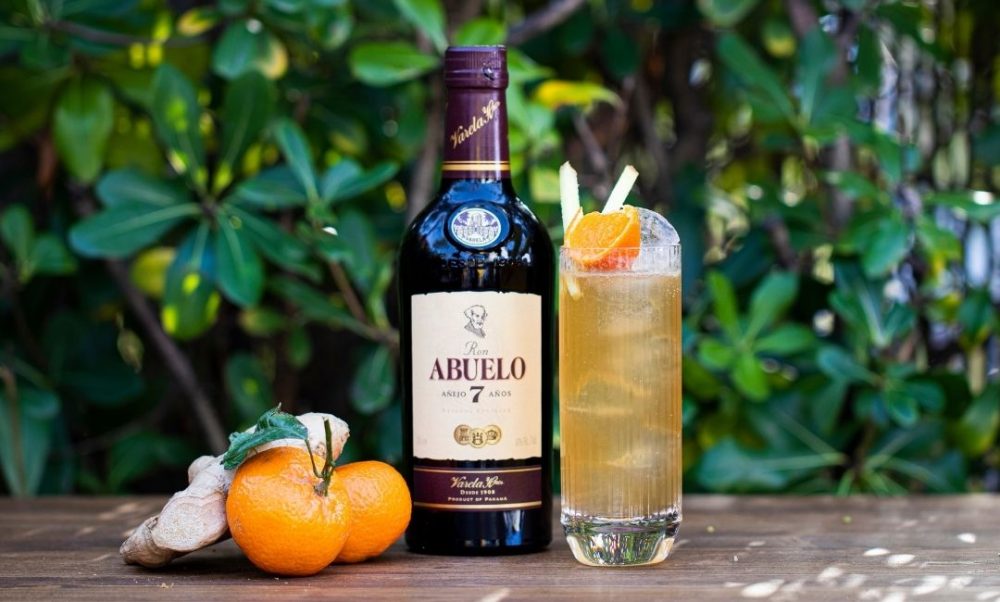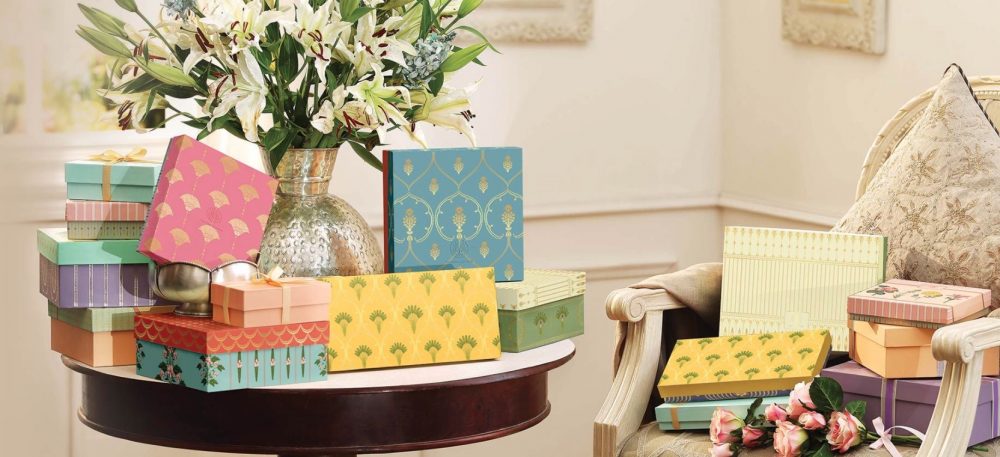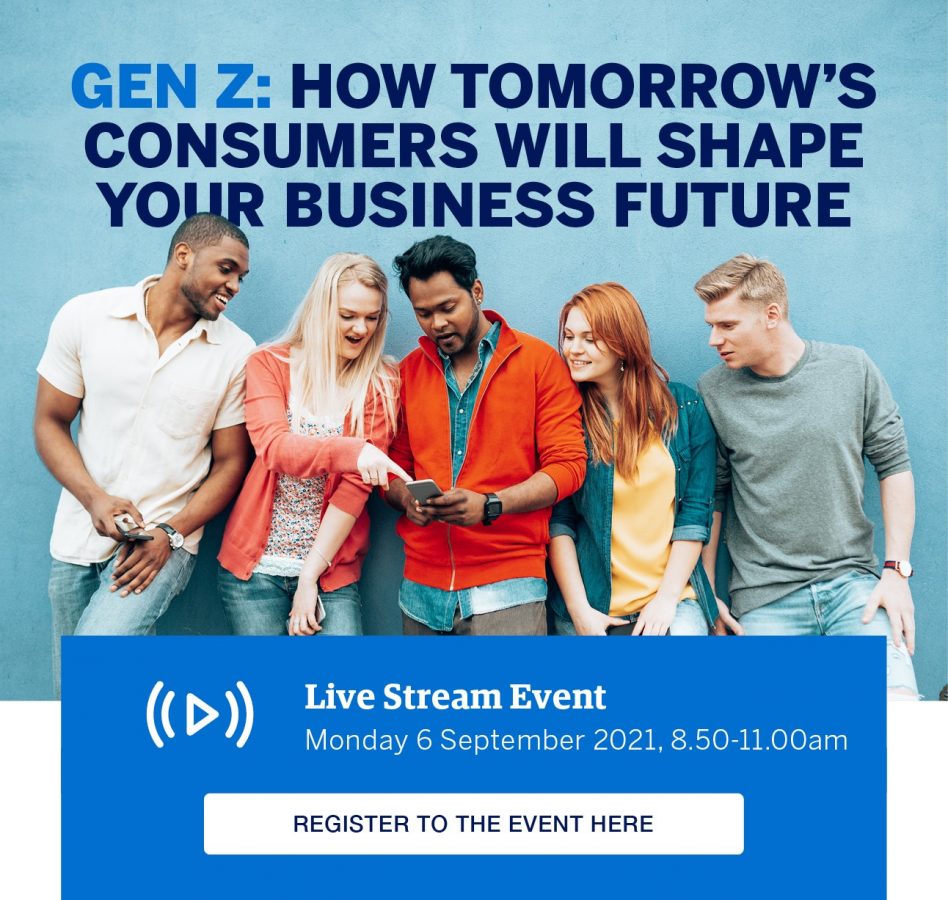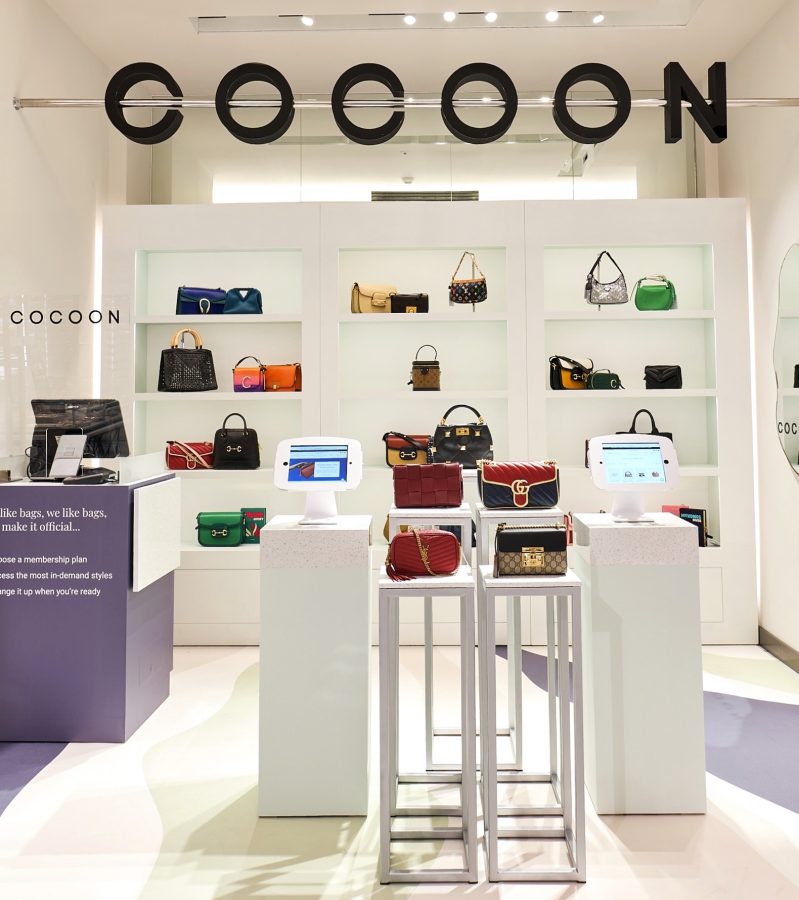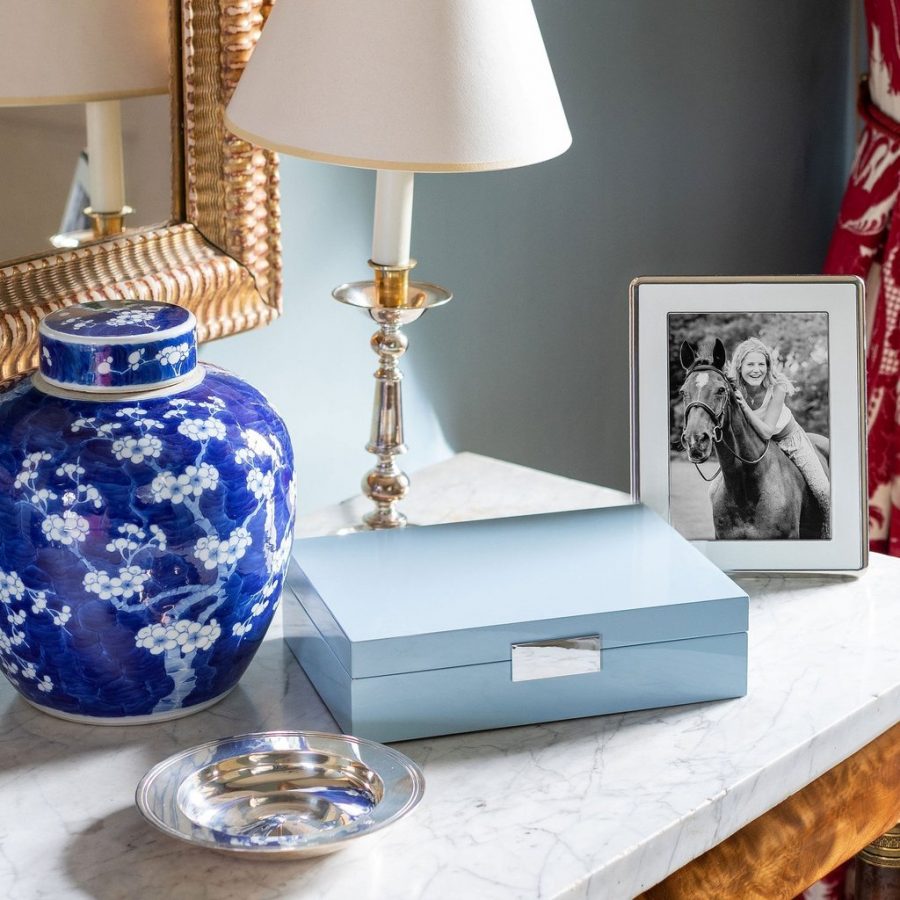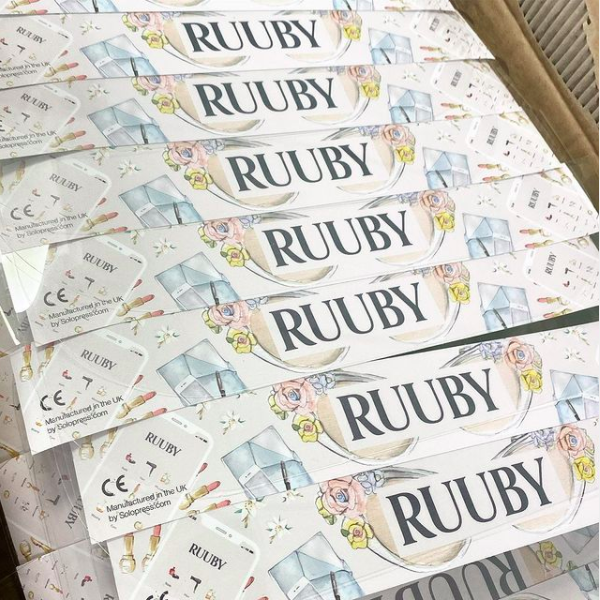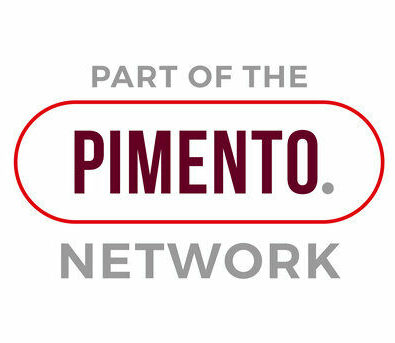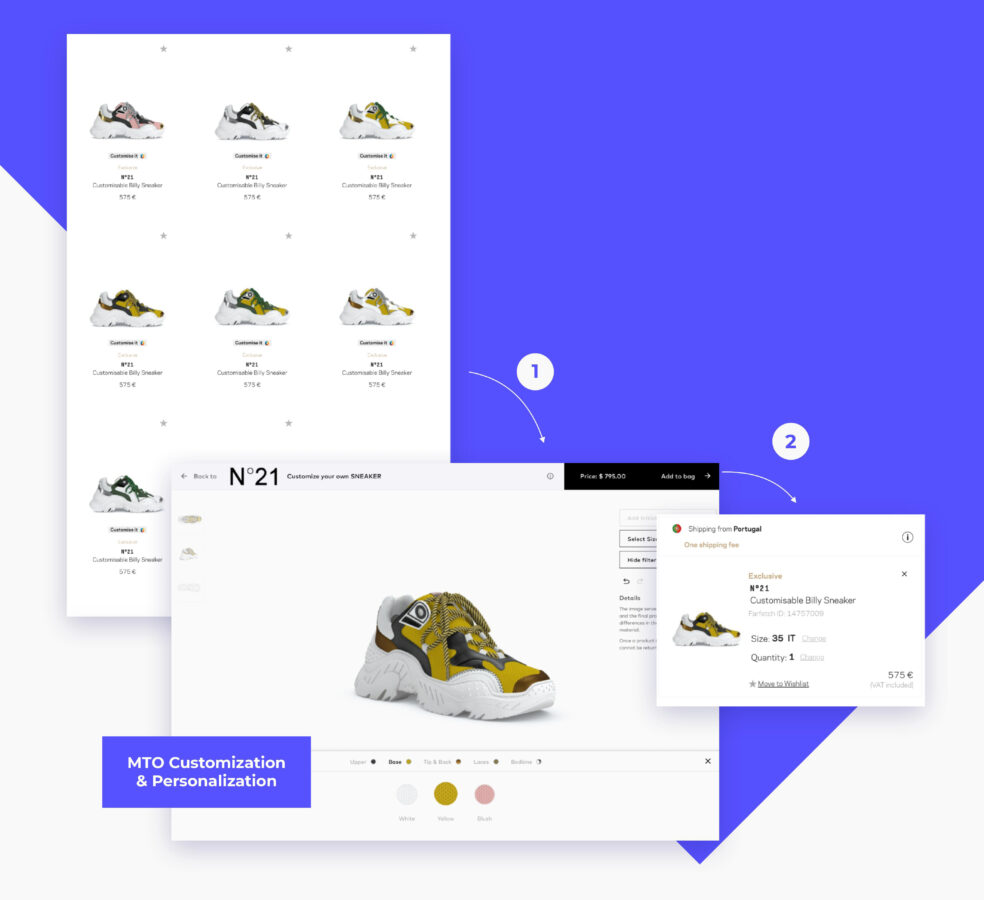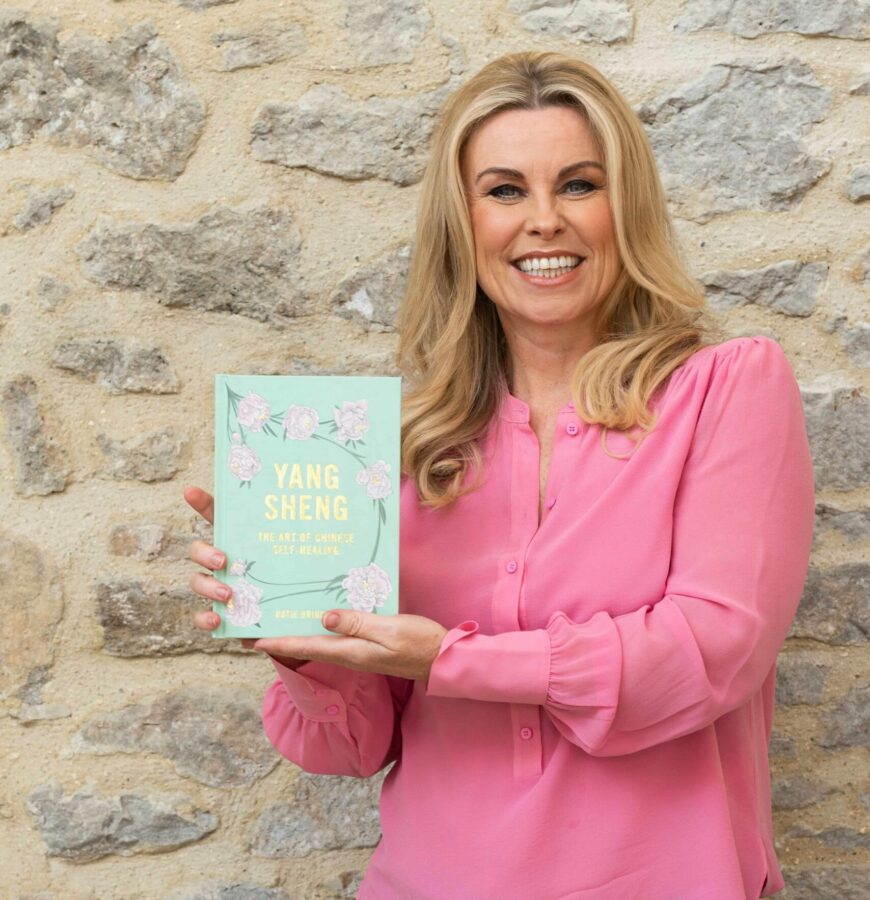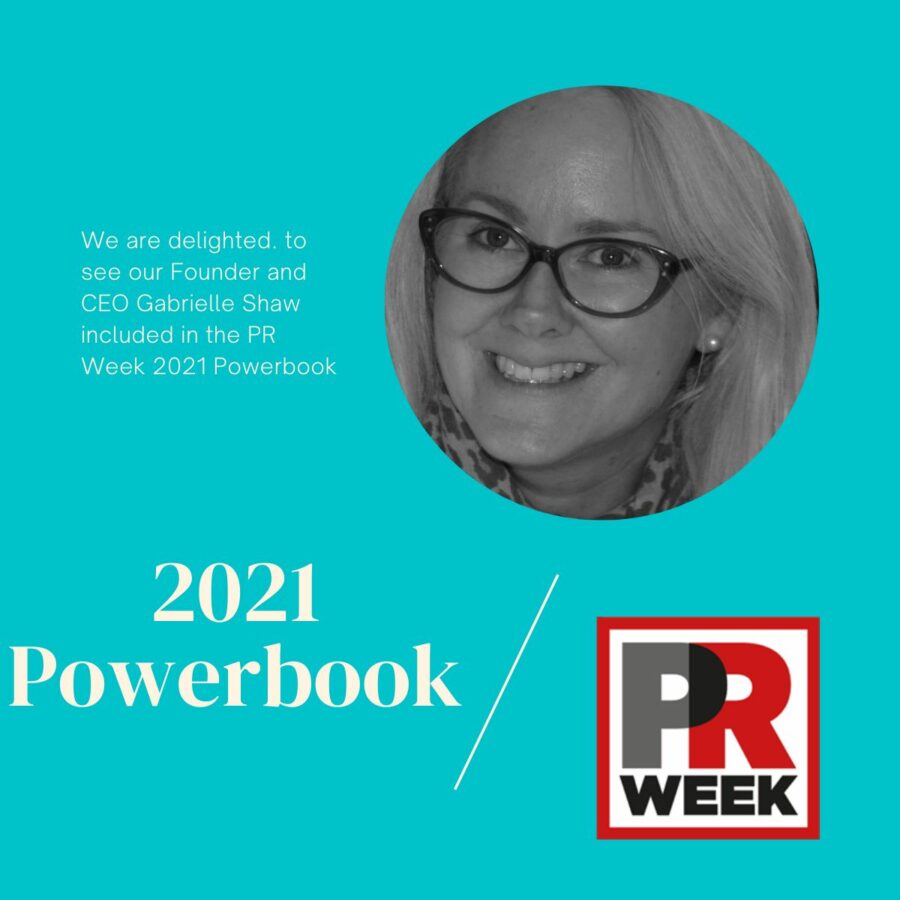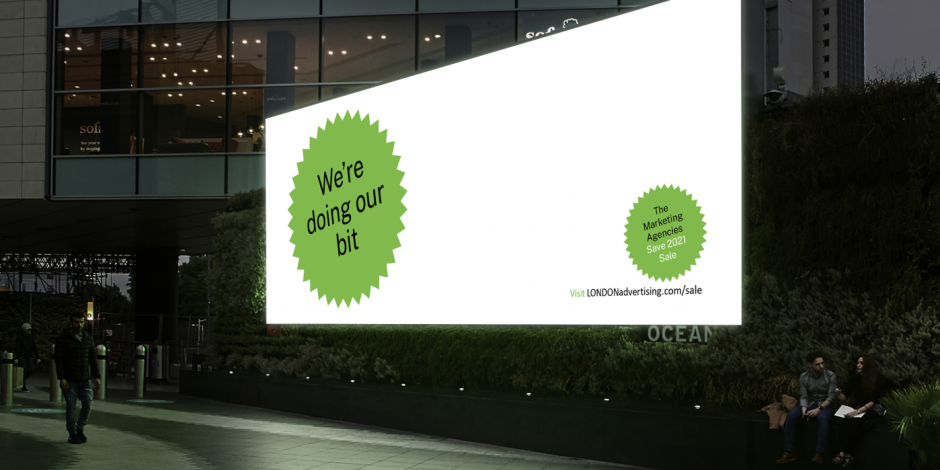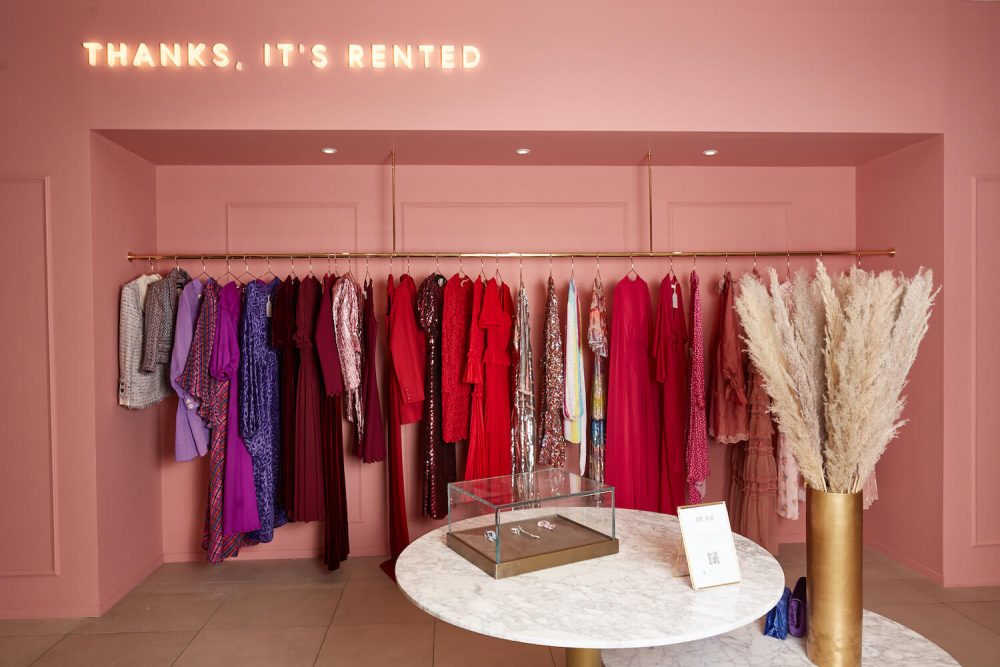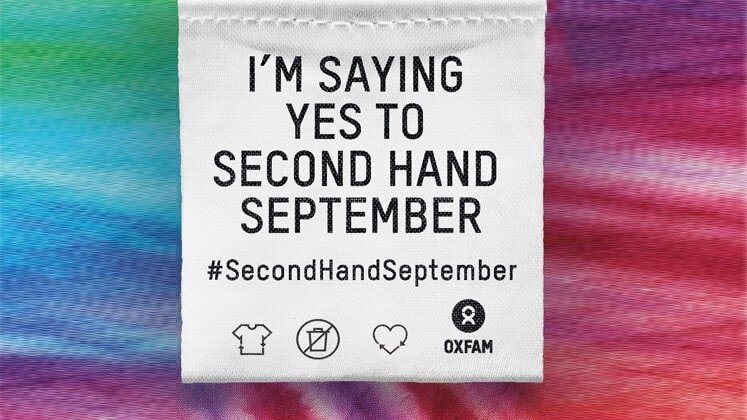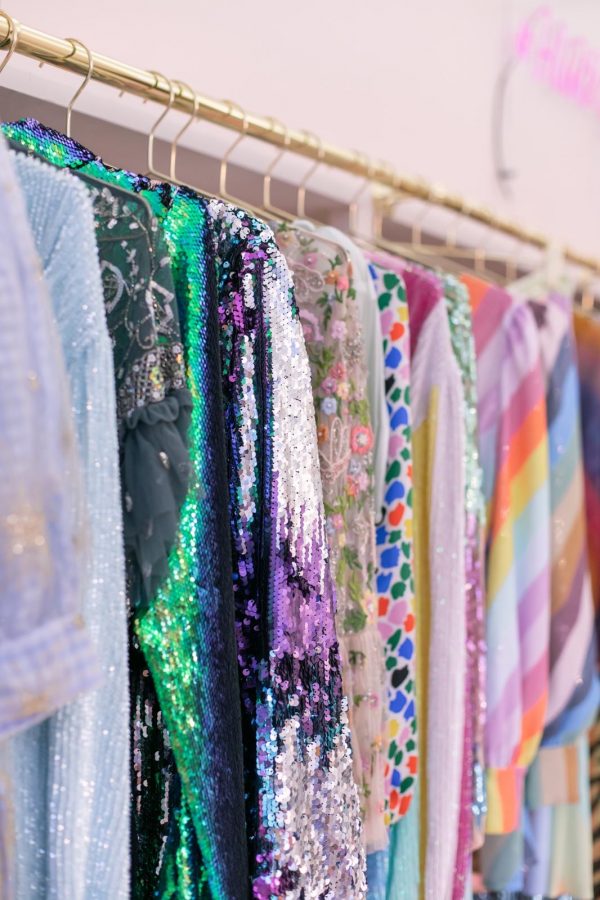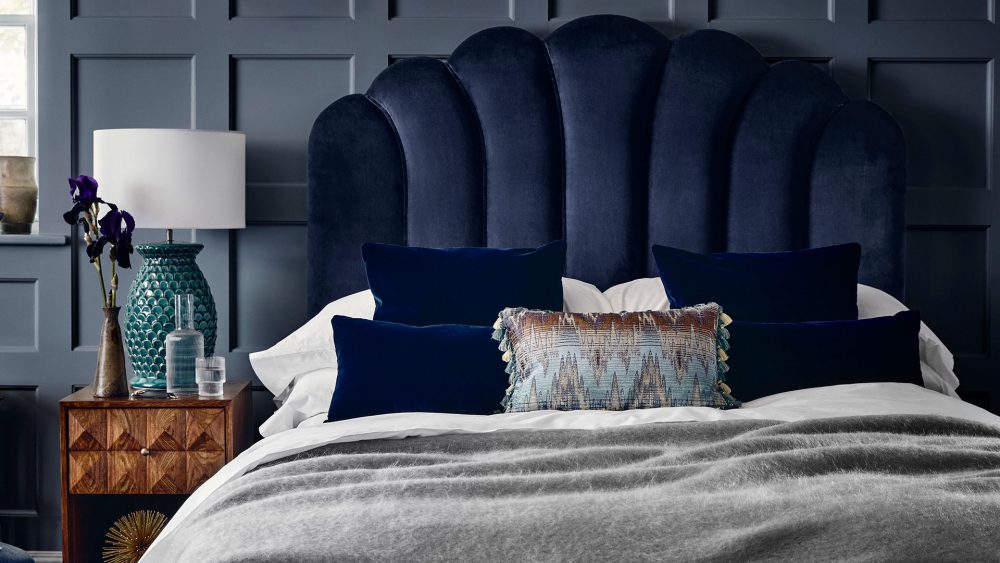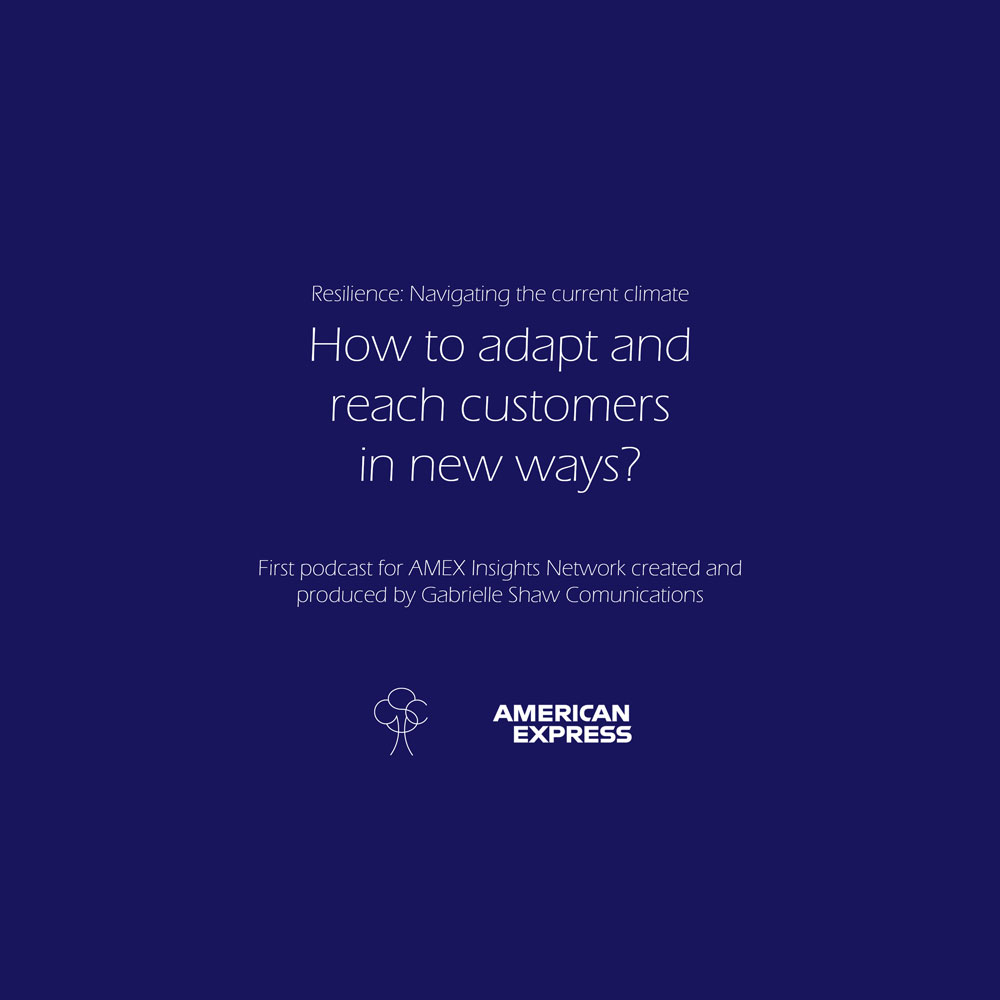Building and Protecting Brand Reputation
Published 04 / 09 / 2025Building and Protecting Brand Reputation
‘It takes 20 years to build a reputation and five minutes to ruin it. If you think about that, you’ll do things differently.’ – Warren Buffett, American investor and philanthropist
What is Brand Reputation?
According to the 2025 Global RepTrak 100 report, which ranks the world’s most reputable companies, brands are experiencing a ‘Reputation Renaissance’.
The brands winning today have a clear brand identity and strong values which are the foundations of brand behaviour – the collection of actions and interactions by which a brand becomes known. Crucially, the brands that excel in brand reputation also understand how to anticipate, respond and adapt to the social economic and cultural influences with the empathy, integrity and flex that strengthens their reputation.
In recent years, brands and organisations have had to navigate a plethora of issues, from escalating costs, and sustainable and ethical transparency, to protecting employee wellbeing and addressing the gender pay gap. Having a purpose and clear point of view is a defining factor in establishing the fundamental trust and loyalty required to solidify brand reputation. Today’s companies must walk their talk.
Among the report’s most reputable brands, Lego has ranked number 1 for the third year in a row – a feat attributable to its strong brand recognition, established through its high quality, nostalgic characteristics, and cross-generational appeal. Equally, it demonstrates agility and innovation via digital products and popular collaborations, and builds community through brand purpose which reinforces creativity, problem-solving skills, and imagination in children.

In the luxury sphere, car brands ranked the highest in this year’s RepTrak report, with Rolls-Royce ranking second, and Mercedes-Benz and Ferrari also featured in the top 10. For luxury legacy brands, protecting intrinsic values – as such exclusivity, quality and craftsmanship – while ensuring creative flair continues to capture the imagination and create the unswerving emotional connection that will ensure the brand remains relevant and desirable. Each of these brands approach and protect these values in different ways — where Rolls-Royce emphasises unmatched craftmanship and comfort to cement the brand as the pinnacle of luxury, Ferrari delivers high-performance and thrill in a sleeker but no less refined package.
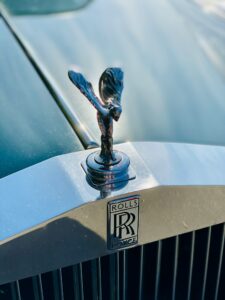

Other ultra-luxury brands like Hermès, consistently navigate economic downturns and weather storms with a steadfast ability to stick to brand core values – quality, heritage, exclusivity, and singular targeting of the ultra-wealthy. The brand is synonymous with their Birkin bags which embody the Hermès core values and further, are not displayed, accessible through private viewings only.
How to Build Brand Reputation
Building and strengthening brand reputation is having a connected approach that aligns to a distinct brand identity – from marketing to customer service to employee engagement.
Be on Brand
Building brand reputation is to have a resonant presence, ensuring a brand shows up consistently and credibly across all initiatives and communications, from thought leadership panels to point of sale.
Know Your Audience
Time spent in reconnaissance is rarely wasted. Using market and audience insights to help shape a distinct point of view allows a brand to be on message, relevant and purposeful in its brand behaviour. How your brand values reflect and align with social, economic and cultural influences happening in the world matters.
Embrace Employee Advocacy
Employees are powerful ambassadors that can reinforce and uphold the values of an organisation. Empowering employees instils loyalty, drives productivity, and builds the confidence of shareholders.
Respect Customer Time
Customer service time is the number one luxury in today’s world. Brands that respect time in today’s stressful world, from offering one-hour delivery slots to personalised itineraries, even talking to someone rather than a chat bot, all work together to enhance a positive consumer experience that builds trust.
How to Protect Your Brand
Preparedness
The digitisation of media, clickbait, and negative attention-grabbing headlines, mean brands must work hard to stay ahead. Strategic planning, regularly auditing issues that may affect brand reputation, ensuring key spokespersons are media trained and equipped with strong messaging will ensure the business maintains a strong, positive image.
Equally, being on the front foot with crises and issues – understanding what could potentially happen – will help a business maintain a confident position and instil trust among its customers as a company that can weather storms.
Monitoring the Conversation
Maintaining a positive image across the supply chain is crucial, to ensuring industry ranking remains high. In a digital world, social media platforms and WhatsApp communities all contribute to a conversation, information exchanges and opinions which build brand image and reputation.
Stakeholder Engagement
Different audiences form the parts of the stakeholder landscape — from wholesale buyers to the influencers marketing the brand. Nurturing positive relationships will build trust beyond the transactional, ensuring a positive presence among all stakeholders whether they be investors, buyers, customers, consumers, opinion leaders or press.
‘A solid reputation fortifies a robust brand, and a powerful brand nurtures a strong reputation.’ – Forbes
+44 020 7731 8811
Read More:



